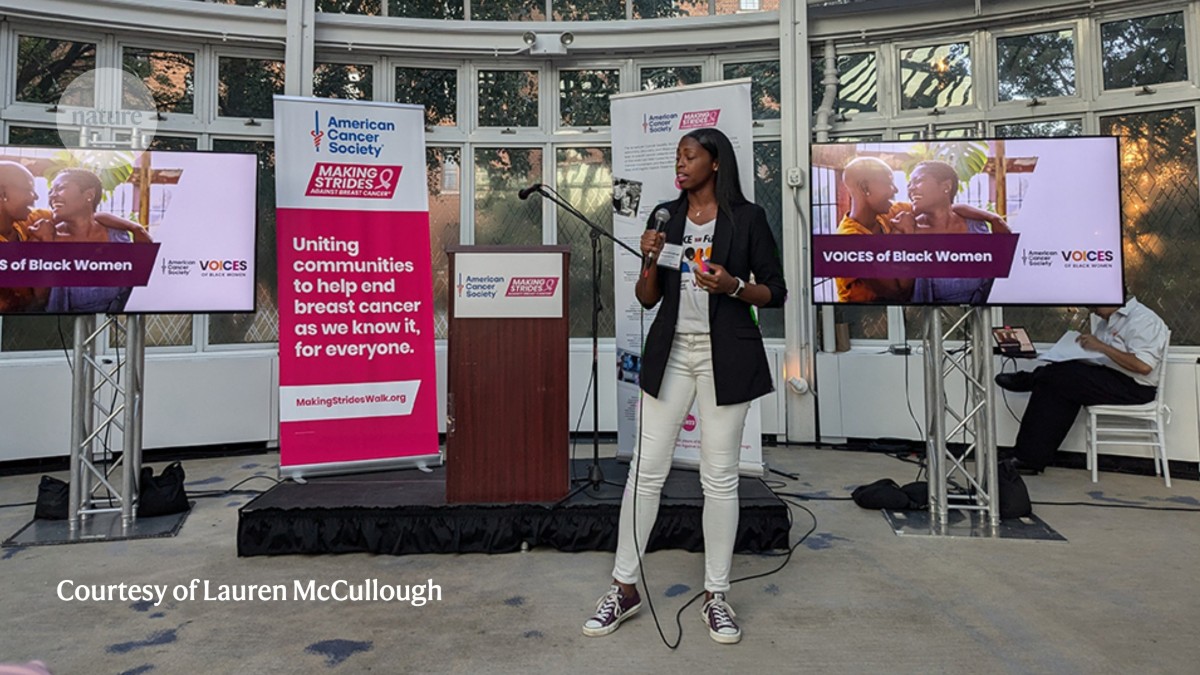
"When thinking about large-scale cancer studies, one of the groups that have been left behind have been Black women," she says."
""That's despite the fact that Black women are more likely to get an aggressive disease and, with very few exceptions, are more likely to die of their cancer."
Longitudinal studies collect health, lifestyle and environmental data over months, years or decades to assess disease risk and inform prevention. Historically, large-scale longitudinal research has been concentrated in Europe and North America, leaving many populations under-represented. New studies aim to improve population diversity by recruiting underserved groups, embedding community involvement, promoting local scientific leadership and including context-specific questions. The VOICES of Black Women study will enrol 100,000 Black women aged 25–55 with no prior cancer history, launched in 2024, and will follow participants for at least 30 years to capture broad data on health, lifestyle and lived experience.
Read at Nature
Unable to calculate read time
Collection
[
|
...
]